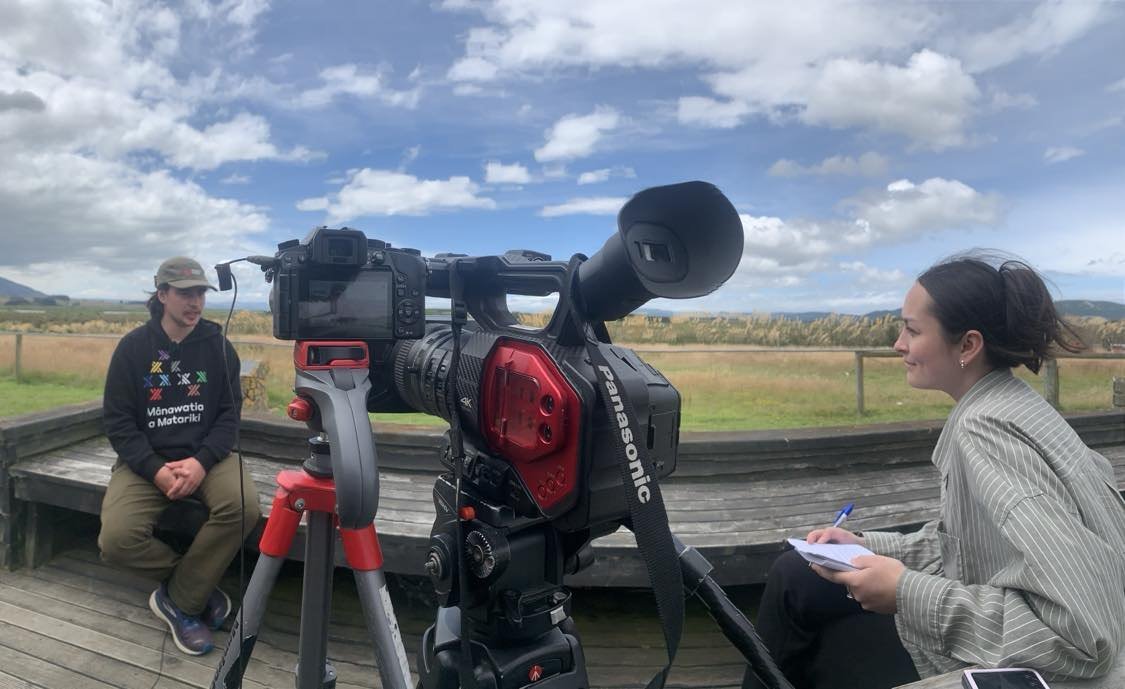

Chief Karetai, my tipuna, was instrumental in fostering relations between Māori and Pākehā in the region, bridging the gap between the two cultures.
My whānau grew up in a time when our culture and identity were often seen as shortcomings. Chief Karetai’s granddaughter, Ema Karetai, was among the last Māori-speaking women in the region. Our culture’s reliance on kōrero to pass down knowledge meant losing the language came at a devastating price. Without te reo, we lost not only words but the very essence of our history and identity.
Language is more than a means of communication; it carries the weight of unique concepts and emotions that defy direct translation. Many te reo words hold a special meaning that English often cannot capture, embodying the spirit of our tīpuna. The names they gave to the land are not just names, but connections to their wisdom and stories. In a rapidly changing landscape, this knowledge seemed like a fading memory, slipping through our fingers.
Rediscovering these names was like following breadcrumbs.

Conversations with relatives, both close and distant, allowed me to understand that feeling.
Like a detective solving an intricate mystery, each name, each story, revealed a fragment of the larger picture.
Though I had always felt drawn to this region, my journey of rediscovery has grounded me here in a way I had not anticipated. Sharing these reclaimed stories and names has given me a new-found sense of purpose.
I now stand where my ancestors once stood, not just feeling a connection to this land, but truly feeling at home.







